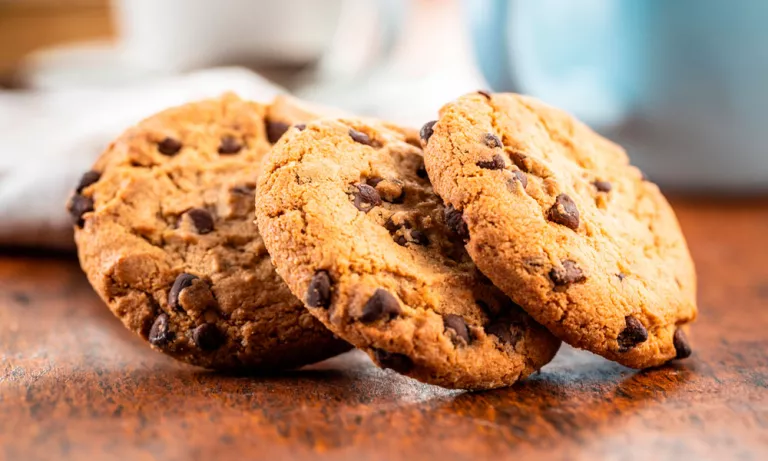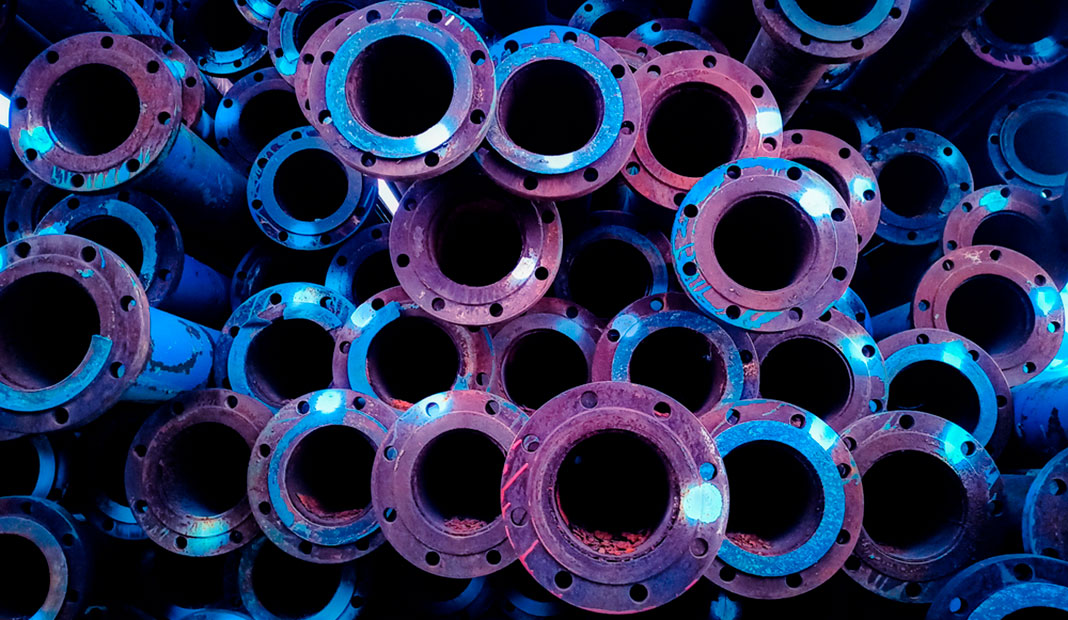One of the main concerns of new mothers is whether they will have enough milk to breastfeed their baby and whether they will be able to maintain breastfeeding for the first six months of their child’s life, as recommended by the World Health Organization (WHO). That is why it is not surprising that many resort to substances or foods to which properties are attributed to increase the production of breast milk, and this is the case of lactation cookies that have become a trend in some forums to achieve it, but are they really useful? We tell you what science says.
What are lactation cookies
Since ancient times and in different cultures, products and foods have been used to improve the nutrition of the lactating mother and promote the breastfeeding of her baby, so this snack is not a novelty, but consumers now tell their experience in blogs and networks social and that is why they have become fashionable.
As their name indicates, they are cookies, but in order for them to fulfill the function they promise when making them, other ingredients that are considered galactogogues are added to the usual components of these sweets –sugar, eggs and butter–, that is, they are supposed to have the ability to increase milk production, such as:
-
Oats, a cereal with interesting nutritional properties, rich in fiber and protein.
-
Flaxseed meal, source of omega 3 fatty acids.
-
Fenugreek, which demonstrated its galactogogue effects in a review of studies. It is a spice with high culinary value that is used in the preparation of curry and also has medicinal properties.
- Brewer’s yeast, which provides B vitamins.
- Blessed thistle extract, a plant that stands out for its anti-inflammatory, antibacterial, diuretic and hypoglycemic properties (to reduce blood glucose levels).
- Wheat germ. Contains zinc, which protects the immune system.

Do lactation cookies increase breast milk production?
The manufacturers of these products claim that they contribute to increasing the amount of mother’s milk, but there is no scientific evidence to support this statement and, on the contrary, some experts such as Alba Padró, lactation consultant and IBCLC, or the pediatrician Ramón Ugarte , have given their opinion on Instagram or Twitterexplaining that galactogogues are a myth and that lactation cookies only serve to increase the consumption of free sugars without providing other nutritional benefits.
“Buying lactation cookies to increase milk supply can represent an unnecessary cost and have additional implications, such as limiting weight loss after pregnancy”
The results of an investigation carried out by several nutrition experts also show that lactation cookies do not achieve the objective for which they have been designed. In the study, which has been published in The American Journal of Clinical Nutrition, the researchers analyzed the effects of eating these cookies daily for one month on the milk production of 176 lactating women between the ages of 18 and 45.
The participants were mothers of healthy two-month-old babies and were randomly divided into two groups to eat either 56.5 g of lactation biscuits – containing oats, brewer’s yeast, flaxseed and fenugreek – or biscuits traditional with a similar appearance, weight and amount of calories, but without galactogogues.
Mothers responded to a weekly survey detailing the amount of milk they produced after following a validated milk expression protocol using a hospital-based breast pump. The data were analyzed by both the study authors and an independent statistician, and revealed that the consumption of lactation biscuits had no significant effect on the amount of milk actually produced or perceived to be produced by infants.
“Our research highlights that lactation cookies, which include added sugars and saturated fats, may not have the purported benefits of increasing milk supply. Purchasing lactation biscuits to increase milk supply can be an unnecessary cost and may have additional implications for mothers, such as limiting post-pregnancy weight loss and reducing consumption of healthier foods. More research is needed to better understand which foods and nutrients can best help increase milk supply in various populations,” said Dr. Ana M. Palacios, assistant professor at Georgia Southern University, and lead author of the paper. .

lactation cookies
In any case, despite the fact that science and experts do not endorse its consumption for the promised purpose, if you feel like having this snack, you will find it in online stores and supermarkets, but you can also prepare it in your own home. These are the ingredients and amounts you will need for 12 lactation cookies, and the steps to follow to prepare them:

- 1 egg.
- 4 teaspoons of water.
- 1 cup of wholemeal flour.
- 2 teaspoons of flaxseed.
- 1/2 cup of butter.
- 1 pinch of vanilla essence.
- 1 and a half cups of oat flakes.
- 1 teaspoon of baking powder.
- 4 teaspoons of brewer’s yeast.
- 1/2 cup of white sugar and 1/2 of brown sugar.
- 1/2 cup chocolate chips, or 70% cocoa chocolate chips.
-
Preheat the oven to 180ºC.
-
Soak the flaxseed and brewer’s yeast with the water and let it rest for 5 minutes.
-
Beat the butter together with both types of sugar (white and brown) and the egg. You can do it by hand or with a mixer. When they are well integrated, add the vanilla essence and the flax and yeast mixture.
-
Continue adding the rest of the ingredients: the flour, rolled oats, chocolate chips, and baking powder and mix until it forms a dough.
-
Make balls of the same size with the dough and place them on a tray lined with baking paper.
-
Bake for 12 minutes in the oven at 180ºC, and then take them out and let them cool completely before removing them from the tray to prevent them from breaking.
.













